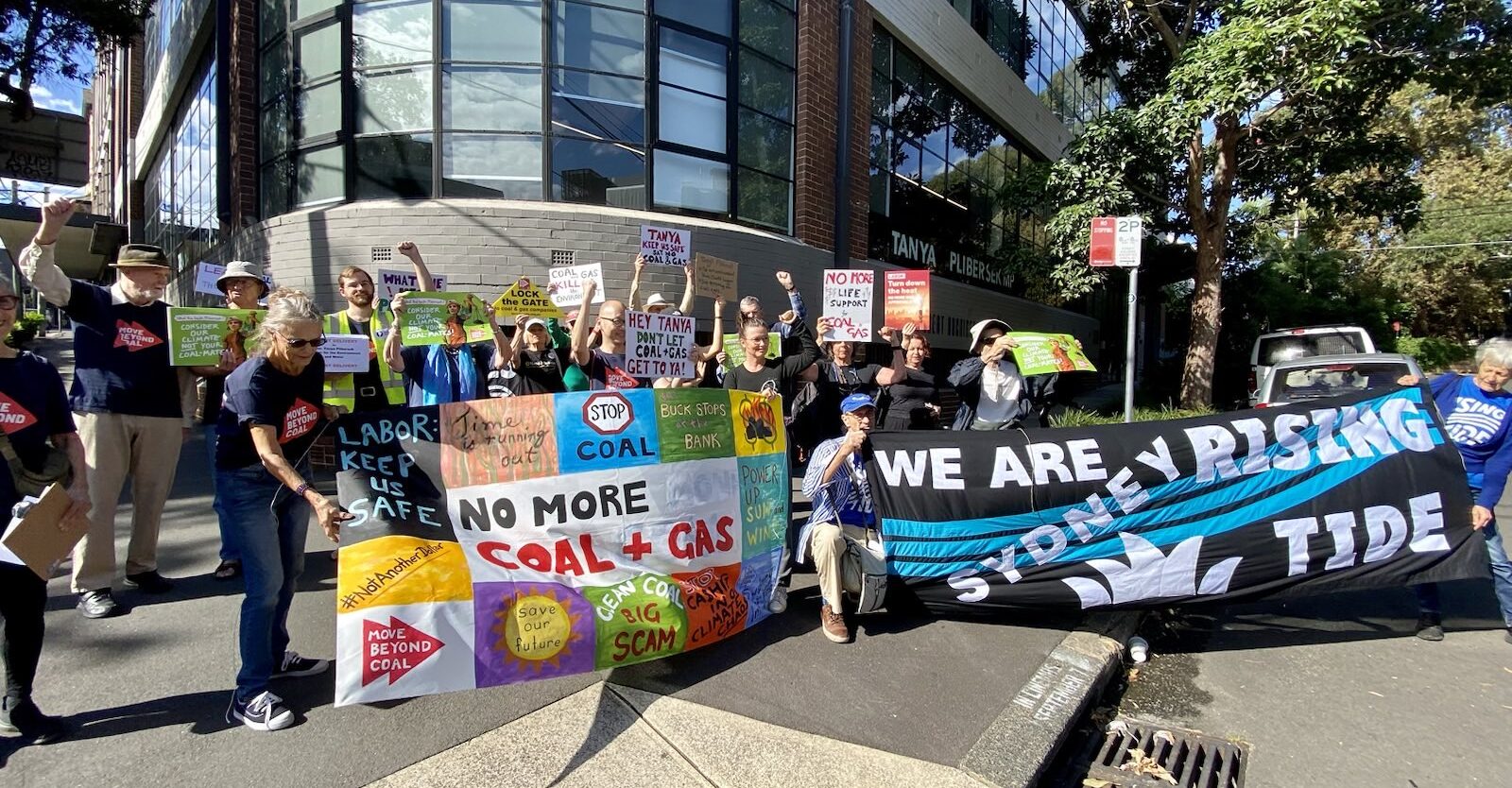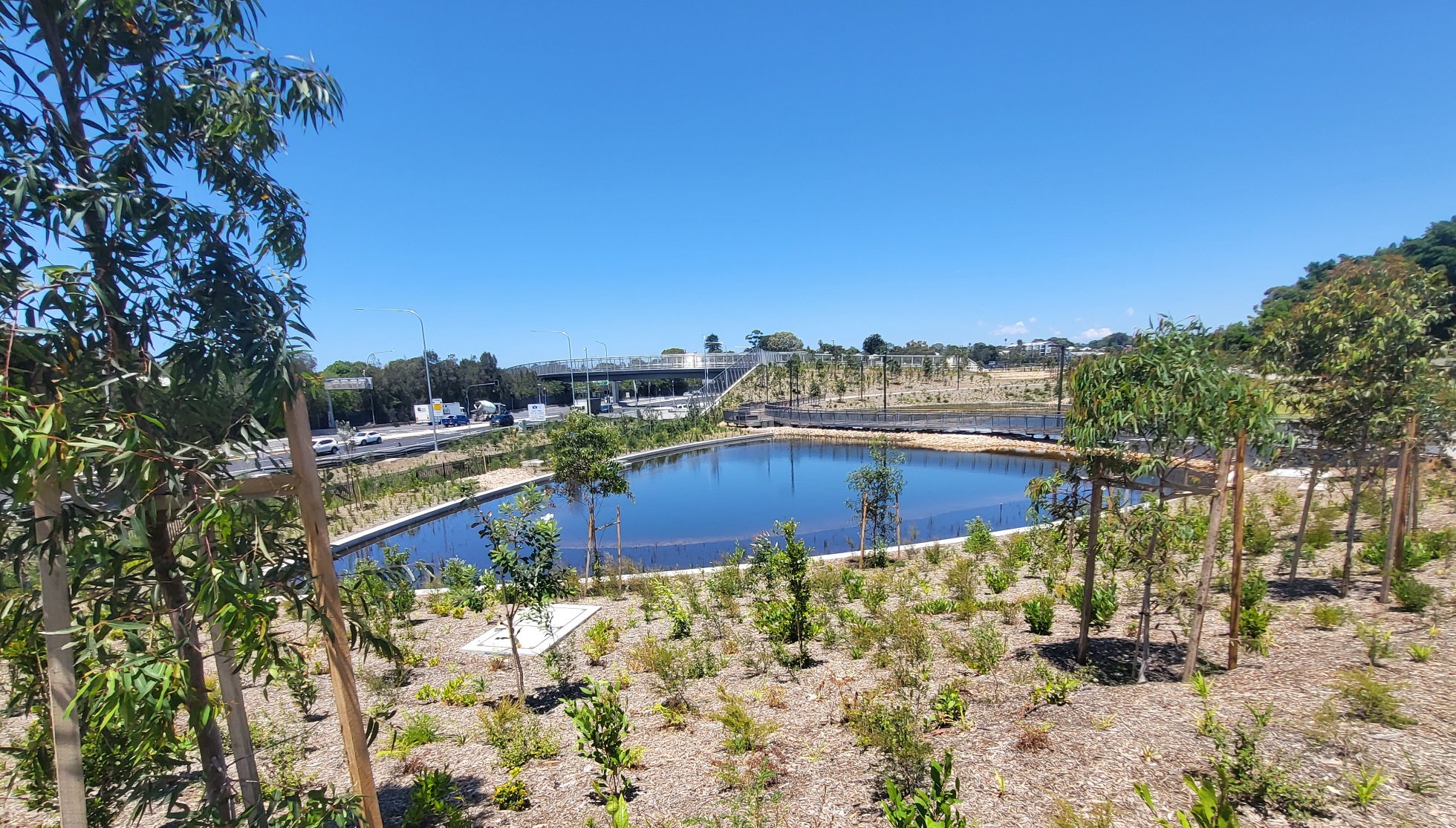
Affirmative consent reforms to be enacted in NSW

By ELYSIA COOK
Last month the NSW Government announced that the state’s sexual consent laws will be reformed. The changes will see the adoption of an ‘affirmative consent’ model, requiring the accused to have actively obtained consent.
The reform comes after recommendations were made by the NSW Law Reform Commission’s Report to ‘strengthen’ and ‘simplify’ consent law in November last year.
Attorney General Mark Speakman said that the government will implement all 44 of the Commission’s recommendations and even go further by reforming the ‘reasonable belief’ defence.
This is one of the two key reforms that shift the legal onus from victim to accused. The mental, reasonable grounds test now sets forth that “an accused person’s belief in consent will not be reasonable in the circumstances unless they did or said something to ascertain consent”.
The other major reform specifies that “a person does not consent to a sexual activity unless they said or did something to ascertain consent”.
The reform clarifies the definition of consent as a free and voluntary agreement that can be withdrawn at any time. The reforms also bring into place five new jury directions that can be used by judges to dispel misconstrued narratives about consent.
“These directions will support complainants by ensuring their evidence will be assessed fairly and impartially,” Speakman said.
The reform in NSW reflects Tasmania’s sexual assault laws, renowned as the best in the country. While the reform has been endorsed by some as ‘sound in principle’, the NSW Bar Association have criticised the law reform as being problematic in practice for consensual sexual relationships.
The changes can be seen to respond to the campaigns of sexual assault survivors and activists Saxon Mullins, Brittany Higgins and Chanel Contos. In March this year, an NSW Bureau of Crime Statistics and Research report recorded a spike in sexual assault reports, which is attributed to a heightening of public conversation around consent and rape.
Community Response
In response to the doubling of sexual assault reports in the inner west and inner-city doubling between February and March this year, Inner West Council elections candidate Kobi Shetty welcomed the reforms.
“The consent reforms are well overdue,” Shetty told City Hub.
“I would hope that if the reform doesn’t have an effect on reducing the amount of sexual assaults that at least the victims would be more likely to get justice.”
Survivor Advocate and Director from Rape & Sexual Assault Research & Advocacy Saxon Mullins celebrated the announcement.
“I know there’s so much more to do in this space, but this is a huge win for survivors,” Mullins said.
Greens Member for Newtown Jenny Leong also welcomed the affirmative consent reform.
“The focus [is] squarely on the alleged perpetrator of the sexual assault – not on what the woman did or didn’t do, what the woman did or didn’t wear, nor on what the woman did or didn’t drink,” Leong said.
“The time for perpetuating rape myths – and allowing them to infect our laws – must come to an end.”
It was announced that the Bill will be introduced in the next session of parliament, sometime between September and December this year.









